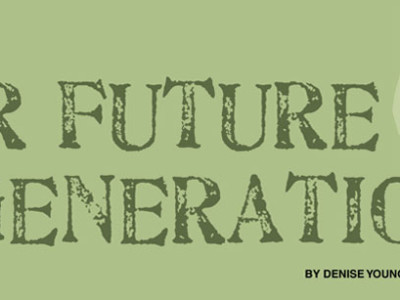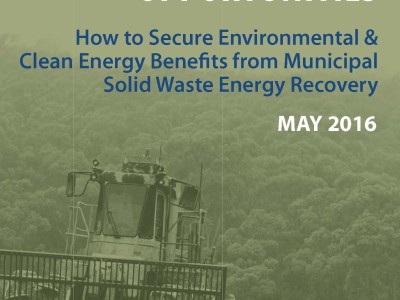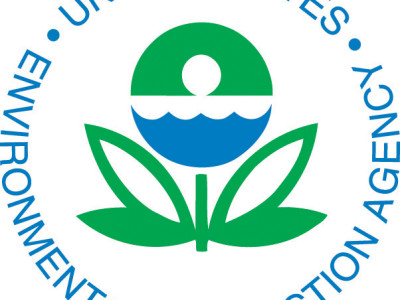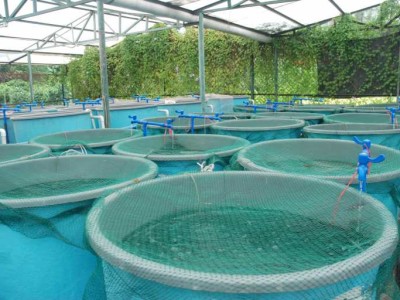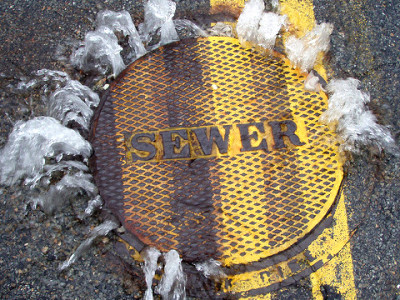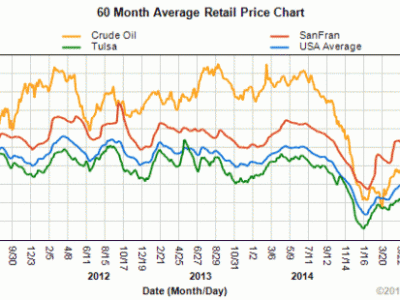Energy Justice and Sustainability
Over two billion people lack access to modern energy sources.
Energy justice is an unfamiliar concept to most people, but it addresses a crucial problem. A new book by Lakshman Guruswamy addresses some of the key facts: About a third of the world's population -- between 2 and 2.5 billion people -- primarily rely on household burning of wood, coal, or other materials like dung for cooking. The price they pay is great, he tells us: "indoor air pollution that is presently responsible for millions of premature deaths . . . due to ...
CONTINUE READINGFinding Least-Conflict Lands For Solar PV In California’s San Joaquin Valley — And Beyond
New CLEE report identifies 470,000 acres of ideal land for solar PV, with 4pm webex briefing with state officials
To achieve California and the post-Paris world's climate goals, we're going to need a whole lot more renewable energy. Given current market trends, much of it will come from solar photovoltaic (PV), which has gotten incredibly cheap in the last few years. But deploying these solar panels at utility scale will mean major changes to our landscapes. And that means conflicts with traditional environmental and agricultural values. Here in California, these conflicts could ...
CONTINUE READINGAppointing Guardians to Represent Future Generations
Could an old property procedure be a model for climate-related litigation?
From time to time, there is talk about giving standing to future generations. Although this is an idea whose time may not have come in the U.S., it’s important to know that the law has for many, many years allowed appointment of lawyers to represent future individuals. Typically, this is a procedure that is used in estate or trust cases. In California, this procedure is a matter of statute. Section 373.5 of the Civil Procedure Code provides: "If . . . a person o...
CONTINUE READINGShould California Recover More Energy From Municipal Solid Waste?
New Berkeley Law report explores policy options, with KALW radio show discussion tonight at 7pm
Every year, Californians send about 30 million tons of trash to landfills. While the state's residents do their part to reduce, reuse and recycle, that's still a whole lot of garbage. It's not only a land use issue, it's a climate change issue: as landfill waste decays, it emits methane, a powerful greenhouse gas. Many other countries and states are using energy recovery technologies to turn that trash into power. Mostly it's done by heating and gasifying the material...
CONTINUE READINGThe Misleading Argument Against Delegation
Agency rulemaking is limited in ways that are far different from legislative lawmaking.
It’s commonplace to say that agencies engage in lawmaking when they issue rules. Conservatives denounce this as a violation of the constitutional scheme; liberals celebrate it as an instrument of modern government. Both sides agree that in reality, though not in legal form, Congress has delegated its lawmaking power to agencies. But this is mistaking an analogy for an identity. It’s true, of course, that Congress has given agencies the authority to make rules, wh...
CONTINUE READINGThe Case for Farmed Fish
Aquaculture could help save wild fisheries from devastation.
It's time to take a second look at fish farms. Environmentalists, not to mention foodies, tend to turn up their noses at fish farms. It's true that badly managed fish farms can be a source of water pollution and other environmental problems. But sustainable fish farming would have major environmental benefits. To begin with, fish farming provides an alternative that may reduce pressures on wild fish stocks. Fish are a major source of protein in many parts of the ...
CONTINUE READINGThe Cap-and-Trade Auction: Still Not a Tax
Folks are talking again about whether California's climate cap-and-trade auction is an unlawful tax, rather than a valid exercise of the state's regulatory power to control pollution. The news hook for the revival of this conversation is a recent order, discussed below, from the California Court of Appeal to the parties in the court case where this claim is being pressed. In that case, some industry plaintiffs argue that because the auction raises so much money for th...
CONTINUE READINGThe “Northern” Bias in Biodiversity Protection
We focus heavily on U.S. endangered species. But the real action is elsewhere.
American environmentalists are deeply invested in protecting endangered species in the U.S. That's natural, and U.S biodiversity is worthy of protection. But focusing on the U.S. gives a misguided sense of the relative importance of U.S. biodiversity. But in the grand scheme of things, biodiversity in the global South is far, far more important. A recent study shows that scientists have a similar problem. Of the ten thousand scientific papers on conservation publi...
CONTINUE READINGOf sewage spills and citizen suits
New Berkeley Law report examines citizen actions addressing sanitary sewer overflows in California
(This post is co-authored with Nell Green Nylen and Michael Kiparsky.) Every day, Californians produce millions of gallons of wastewater. We tend to avoid thinking about what flows down our drains, but how we deal with sewage is a critically important aspect of public and environmental health. Most communities in California rely on an extensive system of interconnected pipes to collect wastewater and deliver it to a treatment plant. There, treatment reduces pollut...
CONTINUE READINGA Floor Price for Gasoline
A floor price would encourage energy efficient cars and generate revenue.
The price of gasoline fluctuates like crazy, tracking the price of oil. In a recent blog post and an earlier paper, my colleagues at the business school have put forward a really innovative proposal: a minimum price for gasoline. When oil costs go below a certain level, gas prices would stay stuck at that point. Studies show that consumers base their car purchases on the current price of gas. So if gas is really cheap, they buy more gas guzzlers, fewer hybrids. ...
CONTINUE READING





